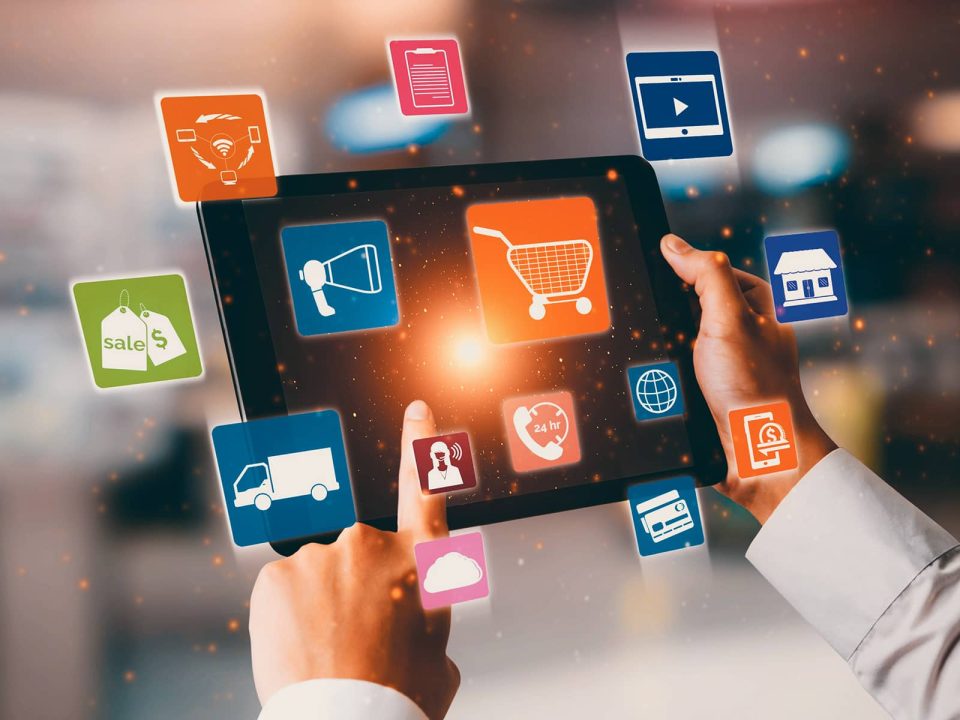The retail industry is in a constant state of transformation, driven by changing consumer behaviors, emerging technologies, and evolving market dynamics. As we look ahead to 2024, it’s clear that retail innovation will continue to shape the way we shop and do business. From personalization to sustainability, here are 10 expected retail innovations in 2024.
- Hyper-Personalization: Retailers are expected to take personalization to new heights. AI and machine learning will be harnessed to analyze customer data in real time, enabling highly tailored product recommendations and shopping experiences. Virtual personal shoppers and customized pricing will become the norm.
- Omnichannel Integration: The boundary between online and offline shopping will blur even further. Retailers will focus on creating seamless omnichannel experiences, leveraging technologies like augmented reality for in-store shopping and enhancing delivery options to provide greater convenience.
- Sustainability at the Forefront: In response to growing environmental concerns, retailers will place a greater emphasis on sustainability. Expect to see eco-friendly packaging, responsibly sourced products, and waste reduction initiatives becoming standard practices.
- Tech-Driven Shopping: The integration of technology will continue to transform the shopping experience. Cashierless checkout systems will become more widespread, and augmented reality will enable virtual try-ons. The Internet of Things (IoT) will play a central role in enhancing the overall shopping journey.
- Data Privacy and Security: As data privacy concerns persist, retailers will invest more in protecting and responsibly managing customer data. Compliance with stringent data protection regulations will be a top priority, building trust among consumers.
- Voice Commerce: Voice assistants are now commonplace, and retailers will adapt by offering voice commerce capabilities. Shoppers will have the convenience of making purchases through simple voice commands, transforming the way they interact with brands.
- AI and Automation: Artificial intelligence and automation will continue to optimize supply chain management, inventory control, and customer service. This not only enhances operational efficiency but also reduces costs and improves the overall shopping experience.
- Blockchain for Transparency: To meet consumer demand for product transparency, retailers may leverage blockchain technology. This will provide a verifiable, unchangeable record of a product’s journey through the supply chain, especially for items like food, luxury goods, and electronics.
- Subscription Services: Retailers will expand their subscription-based models, offering customers ongoing access to products and services in exchange for a regular fee. Subscription boxes, streaming services, and loyalty programs will evolve to provide more value.
- Augmented Reality (AR) and Virtual Reality (VR): Expect these technologies to become more prevalent in retail. Customers will enjoy immersive shopping experiences, including trying on clothing virtually, exploring home decor options, and even test-driving virtual products before making a purchase.



